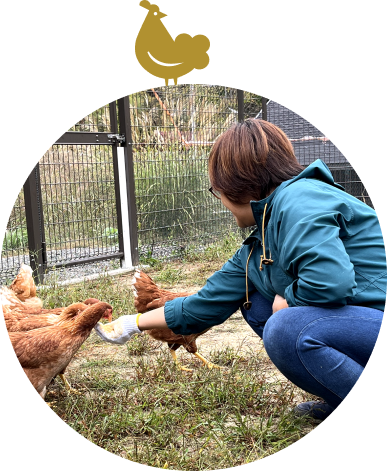
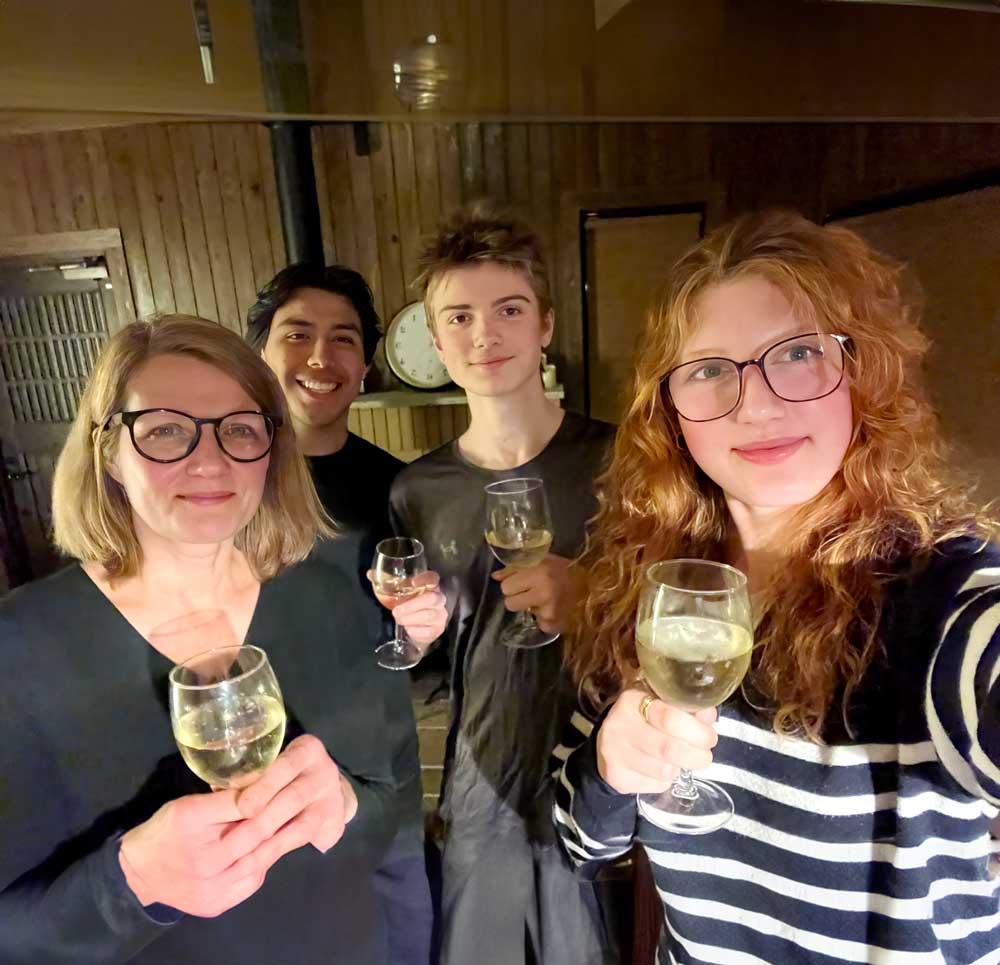
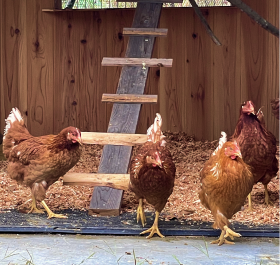
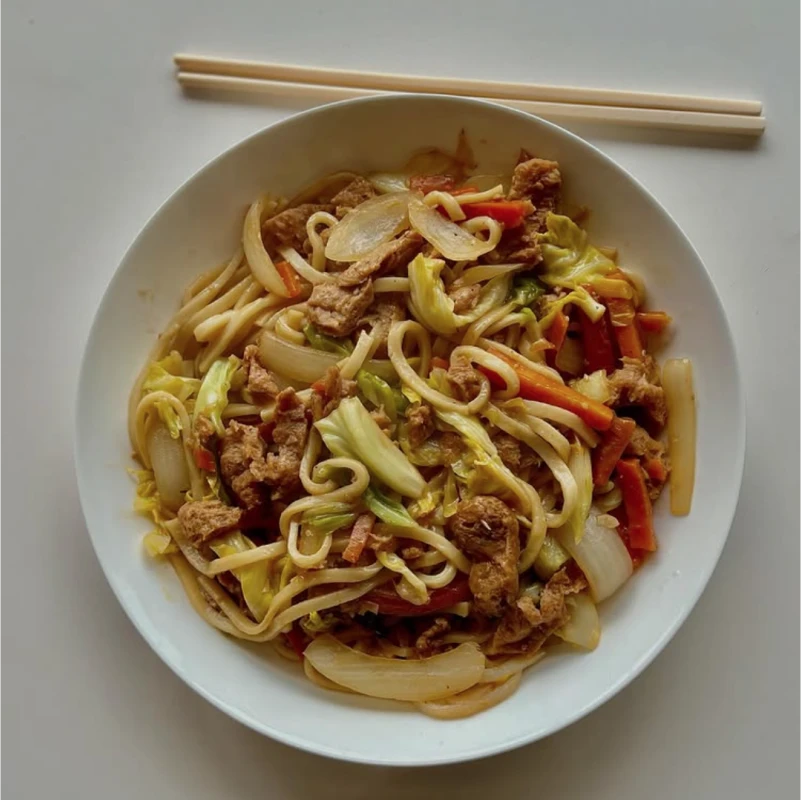
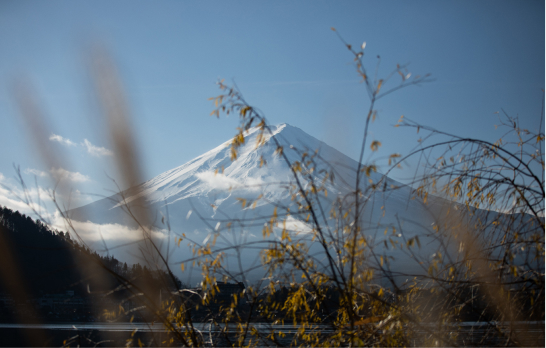
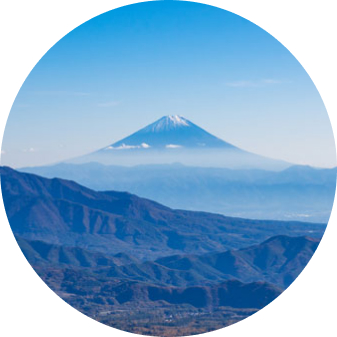

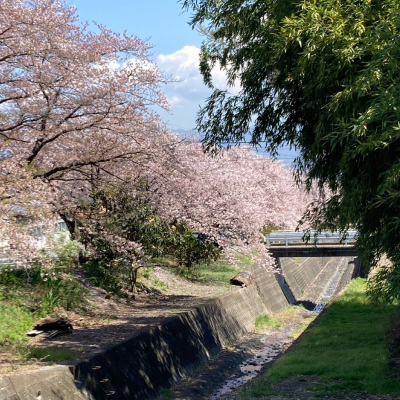
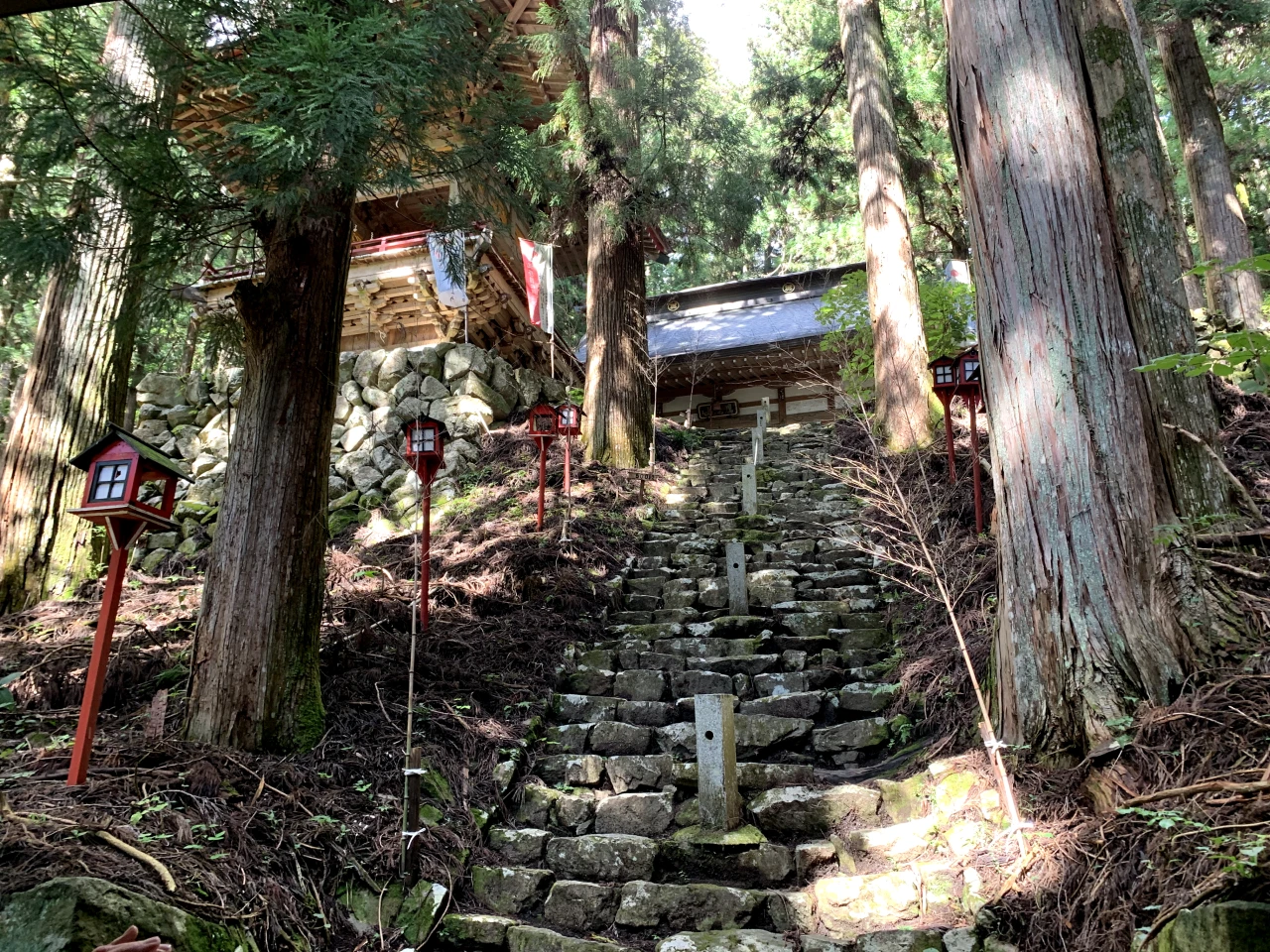

While we have only just started receiving animals, the first being chickens, we would like to rescue and rehabilitate other victims of animal agriculture, like pigs, sheep and cows.
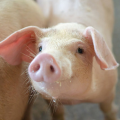
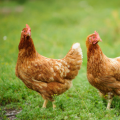
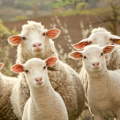
We aim to educate visitors in three main areas:
Animals endure extreme confinement, appalling living conditions, and painful procedures without anesthesia. They are treated as commodities rather than sentient beings, leading to severe physical and psychological suffering, before eventually being slaughtered.
Human rights abuses include exploitative labour practices, with poorly paid workers performing dangerous and traumatic work on factory farms and slaughterhouses. Workers often live very close to factory farms, and are directly impacted by the air and water pollution created by the waste from the animals.
Animal agriculture is also directly linked to world hunger, with 82% of the world's underfed children living in countries where food is fed to livestock, and then sold to wealthier developed countries.
It is responsible for 18% of greenhouse gas emission (more than all of transportation combined). It is responsible for 91% of Amazon destruction. Livestock now covers 45% of the Earth’s land. It is a leading cause of ocean dead zones, water pollution, habit loss and species extinction. Of all the mammals on Earth, only 4% are wild – 60% are livestock, 36% are human. Animal agriculture uses 1/3 of Earth’s fresh water, with a single hamburger having a water footprint of 660 gallons (2,500 litres). A human on a vegan diet uses 1/18 th of the land of a meat & dairy based diet, and can cut their carbon footprint by 50%
Animal agriculture has a significant impact on antibiotic resistance in humans due to overuse in animals – 70-80% of global antibiotics is used in animal agriculture.This is due to the confined conditions facilitating illnesses among animals. These conditions also facilitate the spread of zoonotic diseases like bird flu.
A plant-based diet has no cholesterol, no antibiotics, it is low in saturated fats, and high in fibre and antioxidants. It can prevent – even reverse – chronic illnesses like type 2 diabetes, heart disease, obesity. And of course it is also cruelty-free with a fraction of the water or GHG footprint!
We want to encourage as many people as possible to make good decisions that will benefit animals, the planet, and themselves.